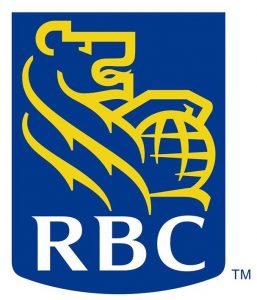by Samantha Cunningham, Ecological technician
While environmental organizations often differ in purpose and mission, one thing we all agree on is the importance of native plant species. Our Native Plant Database and Natural Edge program are based on equipping landowners with tools to best naturalize their shoreline using native plants. The Forest Gene Conservation Association is another organization educating the public about native plants and the importance of genetic diversity in vegetation. Their primary focus is Ontario forests, but their principals apply almost universally. Flora and fauna require a large enough gene pool to ensure offspring have the best chance of survival. One way that nurseries, greenhouses, and growers ensure they have the best seed possible to grow their plants is by working with seed collectors.
Now I am sure you are asking yourself: what on earth is a seed collector?? Well, it is exactly what it sounds like! A seed collector is someone who goes out to healthy forest stands to gather the good seed from targeted species. Collectors then pass this seed to the people who treat, plant, and sometimes store the seed for upcoming seasons.
Recently I completed the final workshop in the Certified Seed Collector course offered by the FGCA in Southern Ontario. This course is a mix of classroom and hands-on learning about native species and their seeds. The certification is provided by Ontario’s Natural Selections and utilizes Seeds of Ontario Trees & Shrubs Field Manual for Crop Forecasting and Collecting. This book is great to better understand everything vegetative related in Ontario, but other provinces have similar manuals as well.
Plant health starts with its seed. It is especially important to promote the health of native species as we all experience the impacts of climate change. Plants that come from a good seed stock and that are native to the area have a better chance of surviving turmoil environmental conditions. Vegetation is often the base of the food pyramid for animals, so by supporting native species you are helping to buffer your area from the effects of climate variations.
As a property owner you can help contribute to native species and their genetic diversity through your garden. By choosing plants that are native to your eco-zone, you are helping to support all of the other local species, both plants and animals. When choosing your plants for the season, go to local nurseries, greenhouses, and growers to support local business and local genetic diversity for your native species!
***
 This blog post is part of an education and engagement series that is generously funded by the RBC Foundation through RBC Tech for Nature, a global, multi-year commitment to support new ideas, technologies, and partnerships to address our most complex environmental challenges. To learn more about Watersheds Canada’s project that is funded through RBC Tech for Nature, please read this media release.
This blog post is part of an education and engagement series that is generously funded by the RBC Foundation through RBC Tech for Nature, a global, multi-year commitment to support new ideas, technologies, and partnerships to address our most complex environmental challenges. To learn more about Watersheds Canada’s project that is funded through RBC Tech for Nature, please read this media release.
